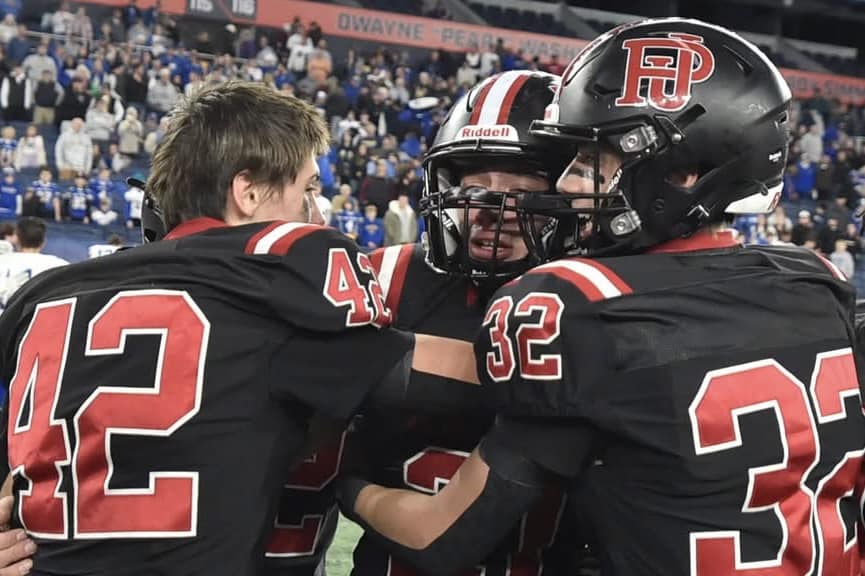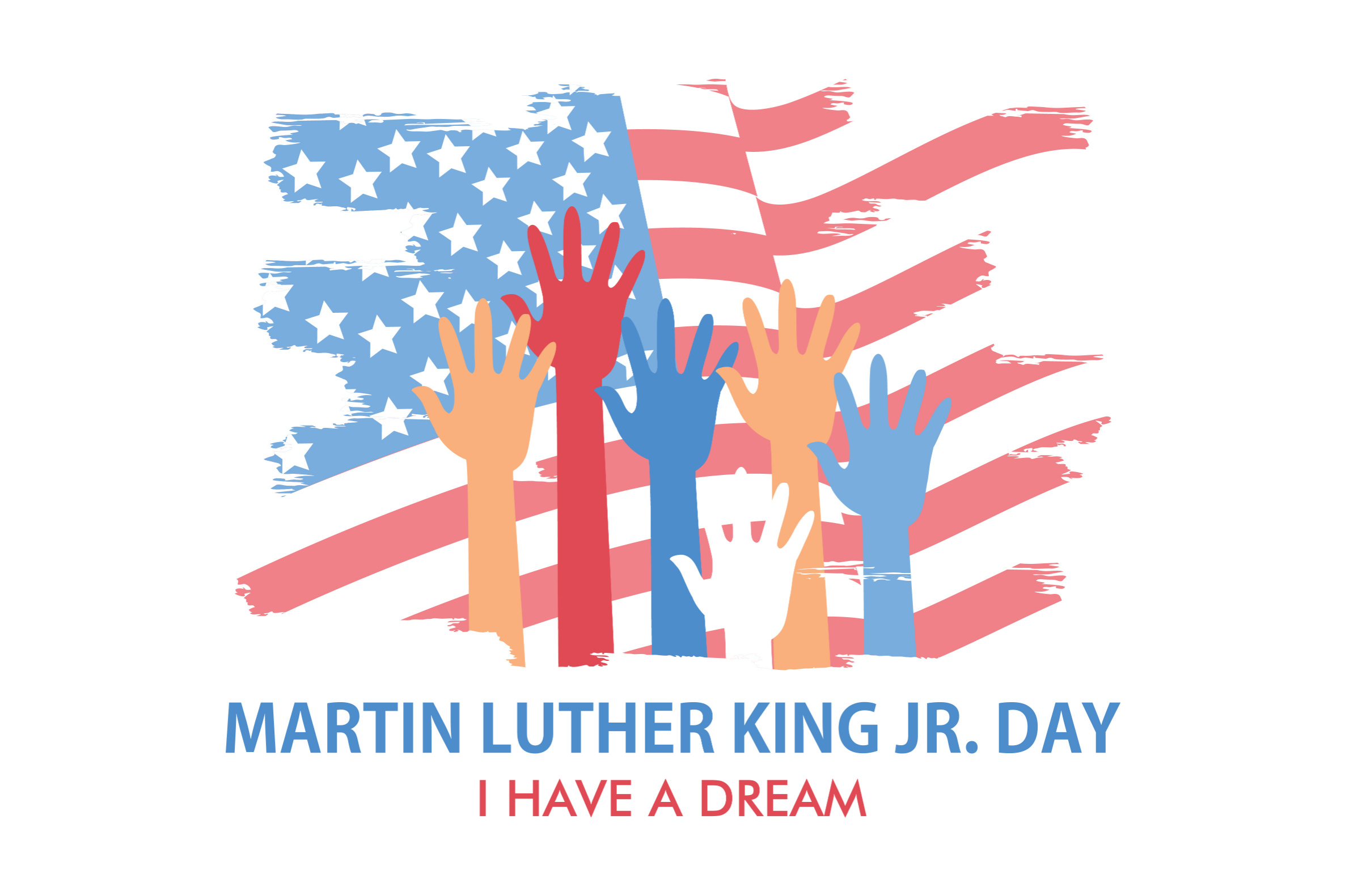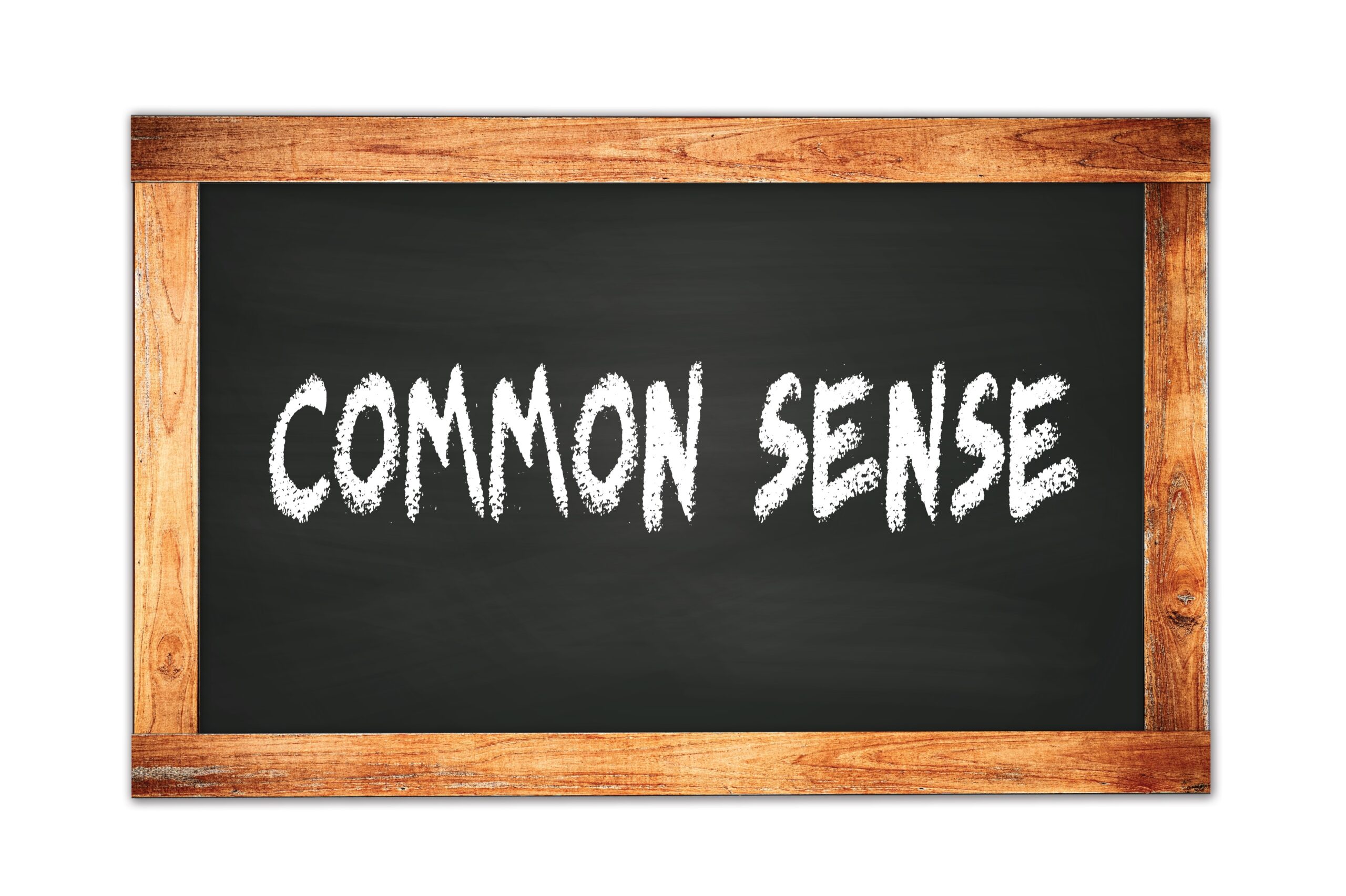Remember This: Reconsidering Robert E. Lee’s Legacy and Slavery in Historical Context

“Remember This” is a column that poses both a request and a question. The request is this. Keep an open mind when it comes to discussing American history. It is possible to me that a country has both done bad things and is guilty of many mistakes, but also is the greatest nation in the history of the earth. The question is this. After learning about some snippet of our history or one of its characters, what do you think now?
In recent years, we have addressed the sin of slavery as defining the essence of our country. As to those who practiced this sin, it defines the person and the totality of how he (and they were men) should be judged. No possibility that the context within which slavery took place in America might reasonably and honorably justify viewing either our country or anyone who owned slaves in a more positive fashion.
Statues have been taken down, buildings, highways, and military bases renamed. Some public schools have changed their names. It was deemed the only way to start the healing process and begin atoning for the sin of slavery.
This final behavior—changing the name of schools—is where my own experiences come into the conversation. I am a proud graduate of Washington & Lee University. Granted, in my freshman year, there was a requirement to wear a coat and tie to class. We joined the 20th Century late in the game when we determined to allow women to join the party and attend. So, yes there is indeed a certain level of defensiveness to all of this.
How could anyone ever attempt to defend the leader of the Confederate forces, Robert E. Lee? He led the insurrection, fought to preserve the evil institution of slavery, even owned them himself. That is the purpose of the column. Thinking again about the facts, all of them.
Let’s start with having been in charge of the Confederate forces. Many know he graduated first in his class at West Point, some remember he was offered the command of the Union forces first and turned it down. There are those who use that decision as confirmation he was dedicated to preserving slavery.
Here is an alternative explanation you might consider. At the time of the Civil War, most people’s first allegiance was to their state, not the country. The Republic itself was not 100 years old. Most people never strayed too far from where they were born. Samuel Morse had not even introduced the telegraph to Congress until 1839. There was no such thing as mass communications. Could it be possible that Lee’s decision was first motivated by his sense of honor and duty to his state (Virginia)?
As to slavery itself, let’s get one thing clear. At no point has slavery every been right. In the long arc of history, has slavery been a reality? Yes. The bible itself makes mention of it rather casually. If white racism is to primarily account for its existence throughout history and the world, there is a lot to explain, starting with its continued practice in Africa. Was white racism central to slavery in the United States? Absolutely, and that is reprehensible. However, is it worth thinking about slavery also in the context of oppressor and oppressed, given where slavery fits into history? Was trying to make money as cheaply as possible (follow the money) an important factor, even allowing that is hardly honorable or good? You decide.
Finally, we get to the “any person” issue. Is owning slaves a terrible thing? Again, the answer is yes. Is it possible to conclude that, in the context of the times, someone of the character of Robert E. Lee deserves consideration for greatness in spite of that fact?
Previously, I said being a W&L graduate was a thing of pride. Around the University, he has long been revered. In recent years, there have been plenty of discussions about removing his name. So far, it would appear it will not happen anytime soon.
Here is a single example of indicating the sort of person he was. In June of 1865 (two months after the surrender on April 9) Lee was attending the historic St. Paul’s Episcopal Church in Richmond, Virginia. Whites were in the front, with African Americans in the back. When Communion was to be taken, a black man walked to the altar and was there alone. Later, it was reported the white congregants were aghast. However, following a very few uncomfortable seconds, General Lee went to the altar and knelt down next to the black man joining together in the Holy Sacrament.
At Remember This, we think it is entirely reasonable and possible to conclude two things can be true at the same time. Has slavery ever been right? No. Were those who fought to preserve it in the right? No. Should we ever forget to include the ownership of slaves in considering anyone’s place in history? No. However, should we take time to consider the historical context surrounding various points in history and those there at any given time? Yes. Should we resist the argument that slavery defines us and our history? Yes. Does this warrant the consideration of Robert E. Lee as a great man? I say yes. What do you say?
RECENT










BE THE FIRST TO KNOW

More Content By
Bill Greener






